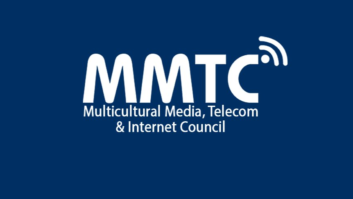It has been one year since Julius Genachowski became chairman of the Federal Communications Commission. Marking the anniversary, the Minority Media & Telecom Council has given the Genachowski FCC an “F” for enforcing its broadcast Equal Employment Opportunity rules.
MMTC Executive Director David Honig says this week marks a year since the commission has issued an EEO decision, “an indication that EEO has been a low priority at the commission for too long,” he writes in a letter (PDF) to the chairman. He is calling for changes to the program.
“The EEO audit program is a meaningless exercise in paperwork and postage. Virtually all licensees pass,” wrote Honig. He said a 2009 MMTC study of 20 radio markets found that 40 out of 141 reporting units — or 28.4% — did not use minority sources. Yet commission audits over five years, according to MMTC, identified only 24 licensees that were not compliant.
Honig wants the agency to suspend enforcement of its broadcast EEO rules for three months while changes are made in that program.
The 10 suggested changes include moving EEO staff from the Media Bureau to the Enforcement Bureau and tripling the EEO staff. He also wants to see revision of EEO rules, and a report and order that adopts Form 392 annual employment reports. He would “quintuple the percentage of licensees audited each year,” conducting some audits with on-site reviews; Honig also wants the FCC to investigate whether stations “engage in the discriminatory practice of relying on word-of-mouth recruitment from a homogeneous workforce.”
Further, he wants the commission to ensure that broadcasters with very diverse workforces “are not penalized anymore under the EEO program.” And he calls for an inquiry “into how minorities came to be purged from radio journalism and why minority representation in television journalism is in decline.”










